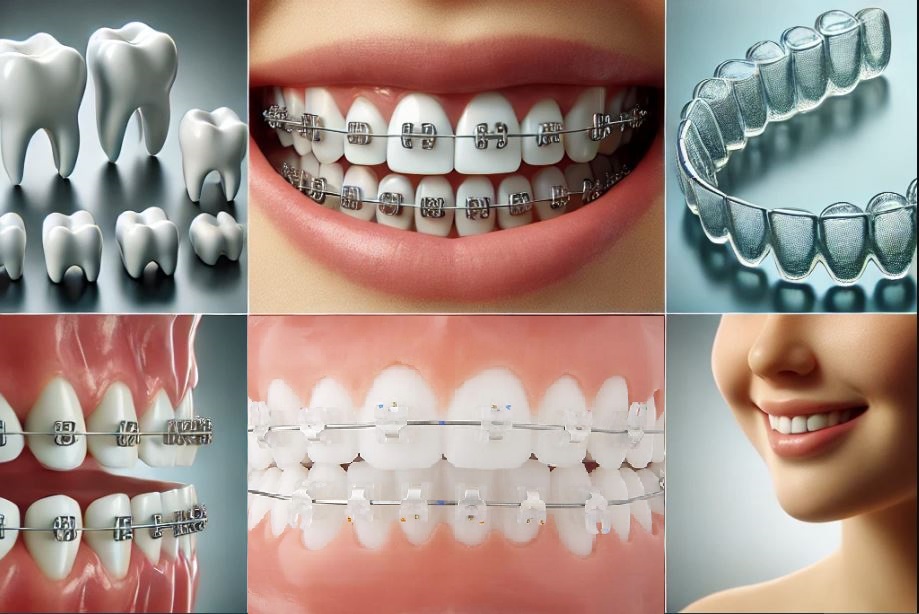What are dental implants?
Dental implants are the most important element in implant dentistry. These are screws that are implanted into the jaw bone so that the dentist can attach dentures to them.
Essentially, a dental implant is a stable base for artificial teeth.
Implant-supported dentures and bridges feel much closer to natural teeth than conventional bridges or dentures.
Dental implantation has pros and cons and, like any type of treatment, has a number of contraindications. However, the undoubted advantage of an implant over dental bridges is that it allows the adjacent teeth to be preserved and not ground down to hold the new tooth in place.
In addition, dental implants prevent a person's healthy teeth from moving, their bite changing, or the appearance of nasolabial folds. After implantation, your chewing functions are completely restored.
What is the best type of dental implant to get?
An implantologist decides which dental implant is best to place. Modern dental implants from Swiss, Israeli, Korean, Swedish manufacturers have an extremely high survival rate - above 90-93%. The difference may be in how long the healing process takes, as well as in osseointegration, reliability, and production cost.
When choosing an implant, you should consider the quality of the material. Today, dentures are made from titanium - the safest and hypoallergenic material that does not affect surrounding tissues. However, to speed up engraftment, manufacturers use various coatings. However, to speed up engraftment, manufacturers use various coatings. For example, titanium oxide coating enriched with phosphate is considered high-quality.
In terms of design, cone-shaped implants with grooves on the surface are considered the best option in many cases. Their shape allows you to accelerate the formation of bone tissue around the implant.
Types of dental implants according to design shape and installation technology:
- Root-shaped - the most popular, widely used when there is a large volume of bone tissue
- Plate implants - they are installed when the bone width is insufficient;
- Combined implants - have a complex shape and are used for patients with serious defects of the dental system;
- Subperiosteal dental implants - intended for clinical cases with thin bone tissue;
- Endodontic implants - needed by dentists to strengthen or lengthen the root;
- Intramucosal implants do not require screwing into the bone and are used to stabilize prostheses.
How much do dental implants cost?
The cost of dental implants depends on the country, the qualifications of the doctor, the implant manufacturer, the installation method and the complexity of the work in each individual case. You can calculate the cost of installing an implant, prosthesis, bridge or other type of dental treatment on our website by simply uploading your dental x-ray.
However, we can outline the average prices for implantation of 1 tooth:
in Israel - $1200-1700
in the USA - from $3000
in Germany - from $2000
in Mexico - $1100
in Turkey - from 450 to 1300$
in Belarus - $270-600
in Russia - $470-750













